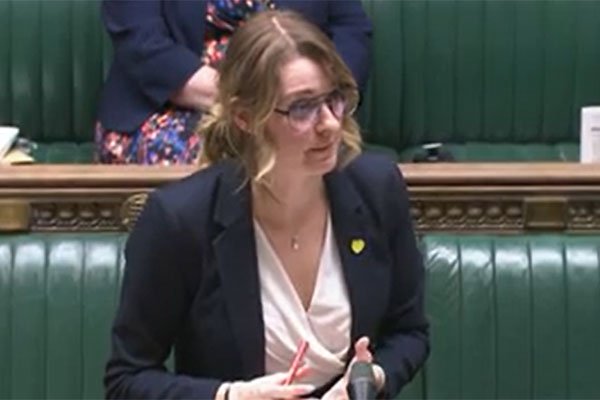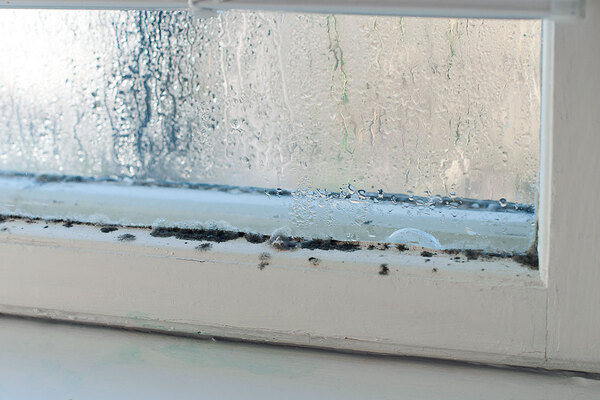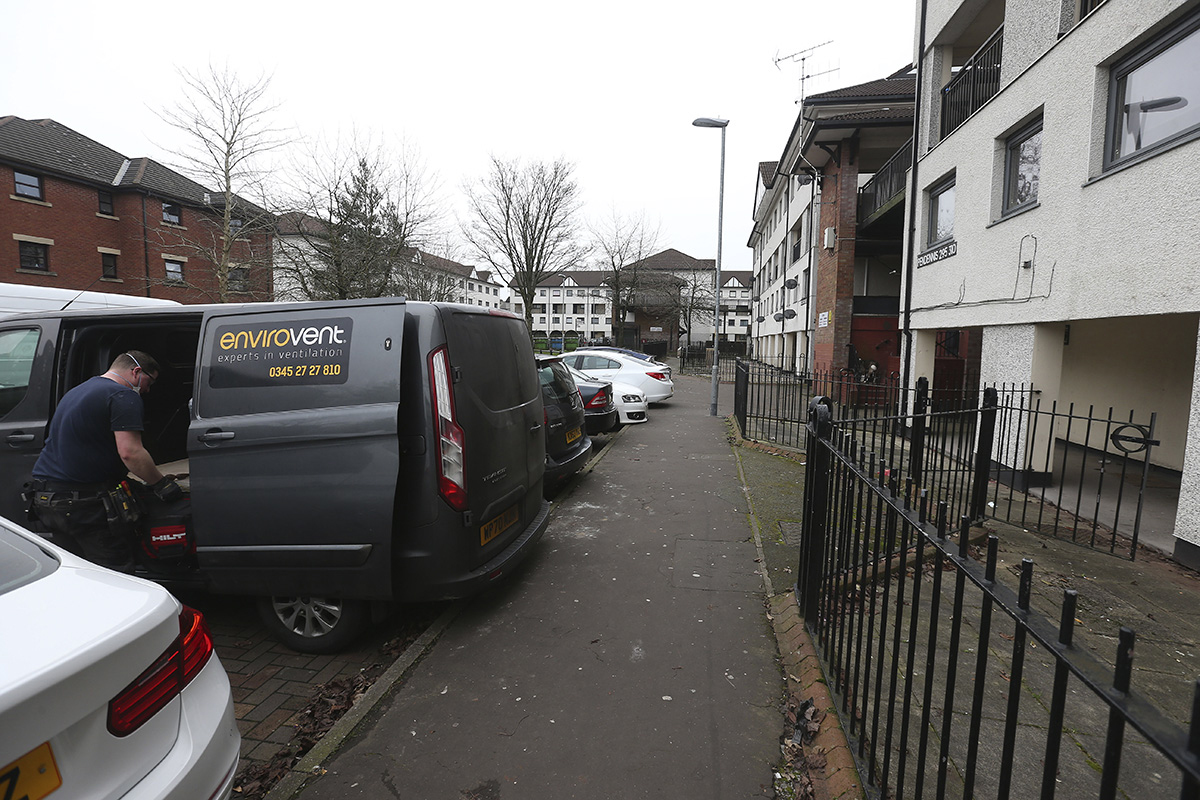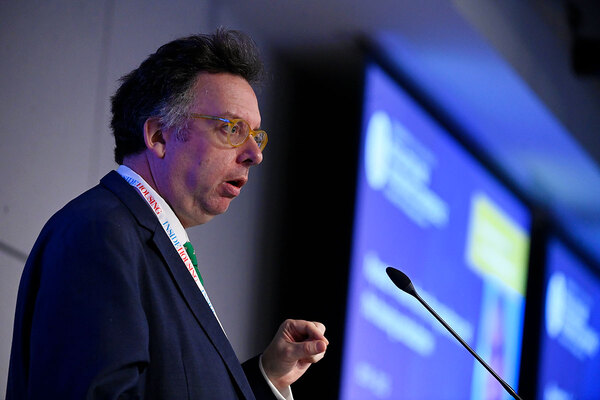New mandatory qualifications will ‘transform’ sector’s culture, minister says
New mandatory qualifications for senior managers, combined with competency standards for all staff, will “transform” the culture of the social housing sector, a junior minister at the Department for Levelling Up, Housing and Communities (DLUHC) has said.

Tabling amendments during the third reading of the Social Housing (Regulation) Bill in the House of Commons on Wednesday, Dehenna Davison said the combination “will deliver the transformation of the sector’s culture, staff professionalism and service standards that we all want to see”.
The bill, for which the Grenfell Tower fire that claimed the lives of 72 people in June 2017 was the catalyst, is close to becoming law and aims to put tenants at the forefront of social housing regulation.
On Sunday, the government announced it would be amending the bill to mandate qualifications for senior managers and executives in the social housing sector to “protect residents and raise standards”.
Around 25,000 staff will be required to have an appropriate housing management qualification regulated by Ofqual, equivalent to a Level 4 certificate or Level 5 diploma, or a foundation degree from the Chartered Institute of Housing (CIH).
Relevant staff who are not already qualified will have to enrol and complete the qualification within specified timescales, which will be set following a consultation.
The government’s amendment, along with several others, was unopposed by MPs on Wednesday.
It follows Awaab’s Law being introduced as an amendment last month.
The family of Awaab Ishak, the two-year-old who died because of prolonged exposure to mould in a housing association flat, had been campaigning for a law to give tenants more protection.
It will make landlords legally obligated to address damp and mould within strict timescales.
Grenfell United, the group representing survivors and the bereaved, has long campaigned for professionalisation to be part of the bill.
Ms Davison told the house that the government wanted to proceed “very cautiously”, because there was an identified risk that requirements could lead to housing associations being reclassified as public bodies.
She said this “would hamper their ability to invest in improving the quality of existing homes and in building new stock”.
“However, I’ve made clear throughout this process that we are here to listen and to take on board comments from stakeholders and from members from across the house.
“So we took heed of the arguments made by Grenfell United, Shelter and those who spoke so passionately in both houses on this matter.
“The tragic death of Awaab Ishak also underlined just how vital it was that we use every lever at our disposal to deliver a consistently high level of professional standards that tenants deserve,” Ms Davison said.
“We’re setting qualification requirements for housing managers and executives because they are responsible for and best placed to drive the delivery of high-quality professional services, through the management of frontline housing officers, repairs and maintenance and customer service staff, through the decisions they make day to day about the delivery of services to tenants and, crucially, through their ability to drive culture and change across their organisations,” she said.
Under changes to the bill announced in October, the government said all staff working for social landlords must meet new professional competency standards.
The new competence and conduct standards are expected to be drawn up and finalised by the Regulator of Social Housing (RSH).
Ms Davison said the requirements for managers and senior executives would “work in tandem” with the standards announced last year.
“The combination of competence and conduct standards for all staff and qualification requirements for housing managers and senior executives will drive change throughout organisations, and together they will deliver the transformation of the sector’s culture, staff professionalism and service standards that we all want to see,” she said.
Ms Davison also spoke about Awaab’s death and Grenfell United.
“Words alone can’t help his family to heal from such an unimaginable and inexcusably preventable loss, but I hope they can find some degree of comfort in the amendments in the bill in his name that will make clear to landlords that hazards such as damp and mould have absolutely no place in their tenants’ homes.
“We must do more to ensure people are safe in their own homes, and that starts with landlords providing high-quality accommodation and a high-quality service to all of their tenants.
“And I sincerely hope that residents and families of Grenfell, including Grenfell United as well as the Ishak family, can look upon this bill as part of their own legacy of delivering real change in the social housing sector for the people living within the sector, because they really need it,” she said.
Sign up for our regulation and legal newsletter
Already have an account? Click here to manage your newsletters











